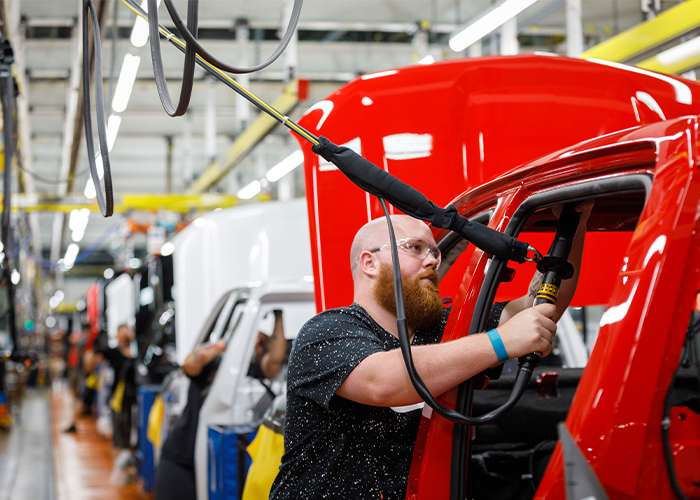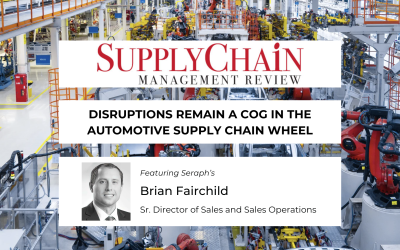President Trump’s promise to protect American manufacturing jobs just got more complicated, as negotiations between General Motors and the United Auto Workers Union (UAW) stalled over the weekend. The two parties failed to ratify a new collective bargaining agreement by the Saturday deadline, leaving thousands without benefit protection or pay. By Monday morning, nearly 48,000 workers had set up picket lines that brought dozens of GM plants around the country to a screeching halt. The holdout is the largest nationwide labor strike since GM employees walked out for two days back in 2007. UAW president Jeff Dittles released a statement demanding “better wages, affordable quality health care, and job security” despite GM’s “Strong Offer” to invest several billion into existing infrastructure. This includes two plants slated to close that would become EV production centers and create or retain 5,400 jobs. The company is under pressure from both sides of the aisle due to increasing layoffs and idle plants in swing states like Ohio and Michigan. After taking pay cuts to keep the company afloat in 2009, Union leaders argue that the $35B in profit over the last three years should be shared with the workers that helped see them through the tough times. The clash between U.S Auto manufacturers and Labor Unions comes at a pivotal time for the President and his 2020 Democratic challengers. Remaining hands-off and taking to Twitter Monday morning, he urged both parties to “Get together and make a deal!” while his left counterparts “Stood in Solidarity” with Union employees to leverage voter backing in traditionally conservative regions. Democratic frontrunners Elizabeth Warren and Joe Biden were quick to admonish GM for “putting profits over people”, whilst criticizing the President on his promises to create manufacturing jobs in the Midwest and keep them safe from outsourcing.
How much will it cost GM? In the short term, not as much as the Union may think.
Analysts predict that the strike will generate losses anywhere from $50 to $100 million a day, however, this estimate might prove to be worried investors overcompensating. Any short-term suspension will not significantly impact the bottom line of the company, and production losses could be recovered through strong Q3 forecasts. Cox Automotive reports that GM has an estimated 77-day inventory of brand-new Cars, Trucks and SUVs at its U.S Dealerships, well above the industry average of 61. Even in recessive economic conditions during the two-day strike in 2007, their 66-day inventory enabled them to ride out the disruption and had little effect on the company thanks to strong August sales. September through the end of November tends to see the highest volume of annual car purchases, so current overproduction coupled with steady sales, low costs and another potential rate cut, means GM would likely be able to weather the storm without serious losses for at least a couple weeks. The shutdown may provide relief to dealerships who are bogged down by lower sales in the first eight months of the year compared to last. Floorplan interest for showrooms has risen dramatically, and with large vehicle surplus, many are paying out of pocket to store vehicles elsewhere. Both sides, however, have little incentive to stay away from the bargaining table for long. While Union members receive weekly stipends and basic health coverage, U.S hiring has slowed significantly, making it harder for those workers to find an alternative source of income during the lockout. Similarly, ongoing corruption investigations against UAW officials may pressure Union members into reaching an agreement sooner. GM can afford to resist for longer than expected, but after any extended holdout, the effects will cripple Canadian and Mexican production capacity for plants that depend on US parts. Ultimately, both parties believe that they can afford to hold out for longer than expected, but GM looks poised to benefit from a short-term strike. With Ford and FCA employees working under conditional contracts, the outcome of the GM standoff will likely provide a template for future labor talks for the other two members of the Detroit 3. Both of them would feel the effects of a similar holdout scenario much more acutely than GM due to lower inventory and other disruptions in their supply chain.






